Violence Flares In North Afghanistan As Forces Ready For Deadly Winter

At least seven Afghan soldiers were killed when the Taliban attacked their base Tuesday, the latest brazen assault in Afghanistan's north, where local and international forces are bracing for violent months ahead.
Winter once marked a slowdown in the so-called "fighting season", with Taliban fighters returning to their villages because snow and ice made attacks more difficult to pull off.
But in recent years any seasonal distinction in violence has all but disappeared, with insurgents continuing to mount offensives on vulnerable bases and checkpoints year-round.
In Tuesday's incident, a joint military base in the Dawlat Abad district of Balkh province near the Uzbekistan border was attacked, the Afghan defence ministry said.
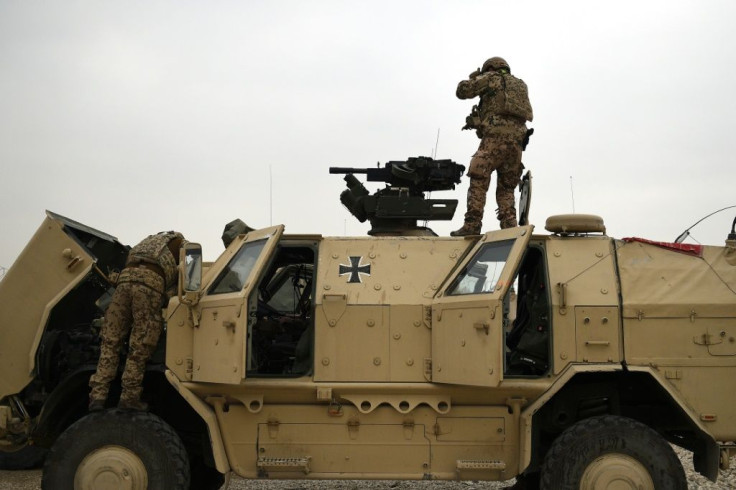
The base was shared by the army and the National Directorate of Security, Afghanistan's secretive intelligence agency. Seven soldiers were killed and three more wounded, along with three NDS staff, the ministry said.
According to German intelligence officials at Camp Marmal, a German-run base outside Mazar-i-sharif in Balkh near to where Tuesday's attack took place, last January saw one of the highest-ever numbers of attacks in the north.
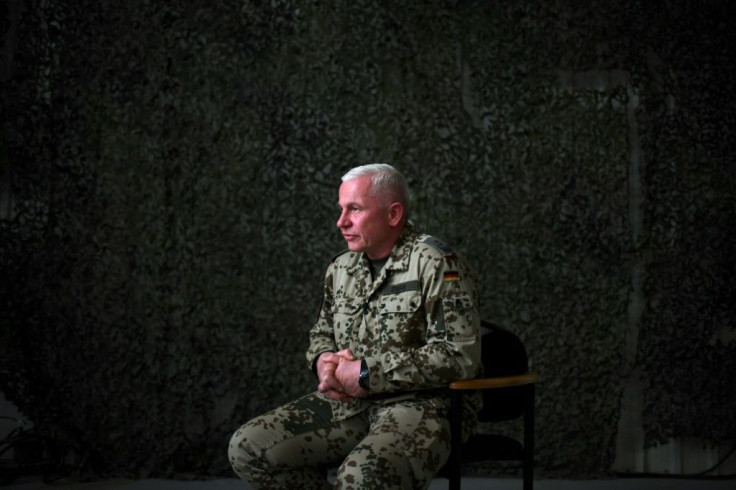
"If there is no game changer on the strategic level (this year), it will be a 'hot' winter," one official told AFP during a recent visit.
"We are talking about two dozens of security incidents average per day" across NATO's northern command this winter, he added.
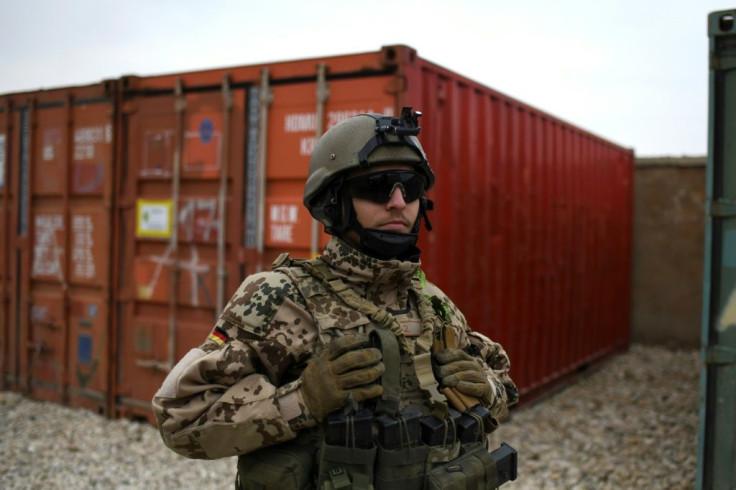
Unlike in the southern provinces of Kandahar and Helmand, which are largely Pashtun, the Taliban in the north are made up mainly of Uzbek and Tajik fighters.
Sometimes they join up just to get paid, and in other instances families will have one member join the Taliban while another signs up with the Afghan security forces, a German military official said.
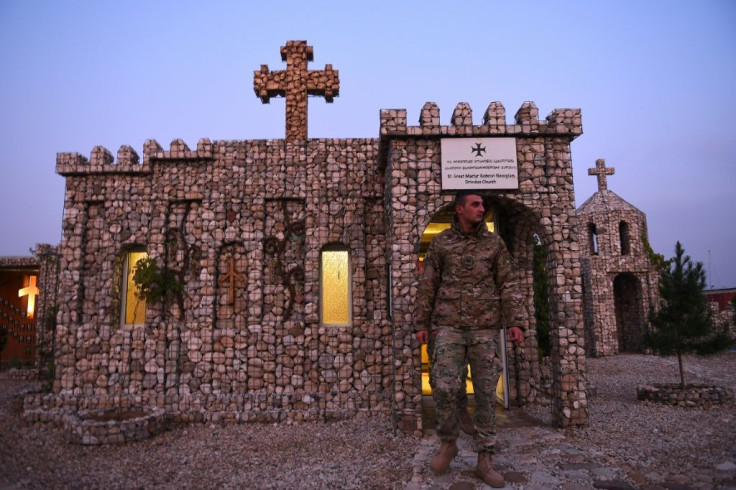
"Often families have ties to both organisations," the officer said. If you "orient yourself in more directions... you have more options."
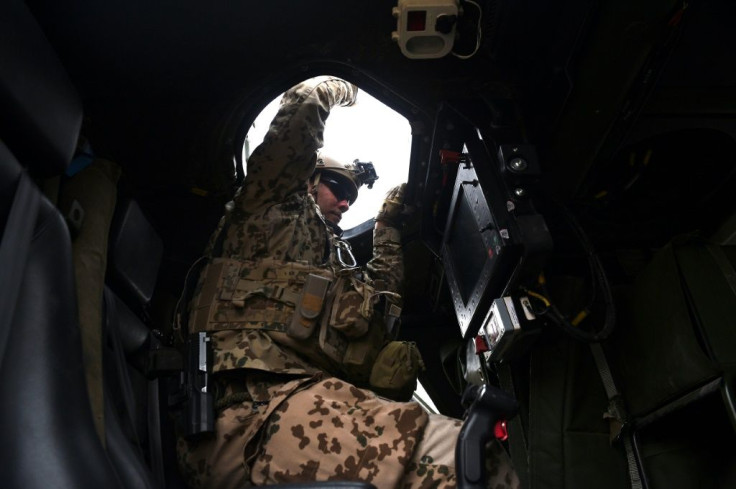
In October, for example, local officials said a column of hundreds of Taliban fighters on motorbikes attacked a police headquarters in north Balkh near the Uzbek border, briefly capturing the facility.
The German intelligence official said the number was exaggerated, with likely only "dozens" of fighters.
Still, it highlights how quickly Taliban fighters can mass and then disperse back into the local population.
"There's fierce fighting going on all through the year, meaning that the Taliban managed to expand into some territories that haven't been their traditional ones," the intelligence official said.
Since 2015, a German-led team based at Camp Marmal has taught senior Afghan officers Western military practice in hopes they can eventually oversee a fully independent Afghan army and beat back the Taliban without Western help.
NATO wants to phase out deep corruption and the outdated, Soviet-style tactics and mindsets that were entrenched in an older generation of leaders.
"There's less corruption than in the years before," said German Colonel Oliver Esdar, who leads the train-and-advise mission, noting that infantry forces are improving and conducting complex operations that include air support and artillery.
However, US and foreign forces have for years insisted Afghan counterparts are improving, even as the national forces cede terrain to the Taliban and Afghan soldiers continue to die in horrific numbers.
Tens of thousands of Afghan security forces have been killed since they inherited combat operations from NATO at the end of 2014 in what was widely viewed as a disaster that forced then-US president Barack Obama to halt a troop withdrawal.
US President Donald Trump is once again looking to slash the US troop presence in Afghanistan, potentially even before a deal between Washington and the Taliban is cemented.
Until that is finalised, many are bracing for a tough winter ahead.
© Copyright AFP 2024. All rights reserved.




















